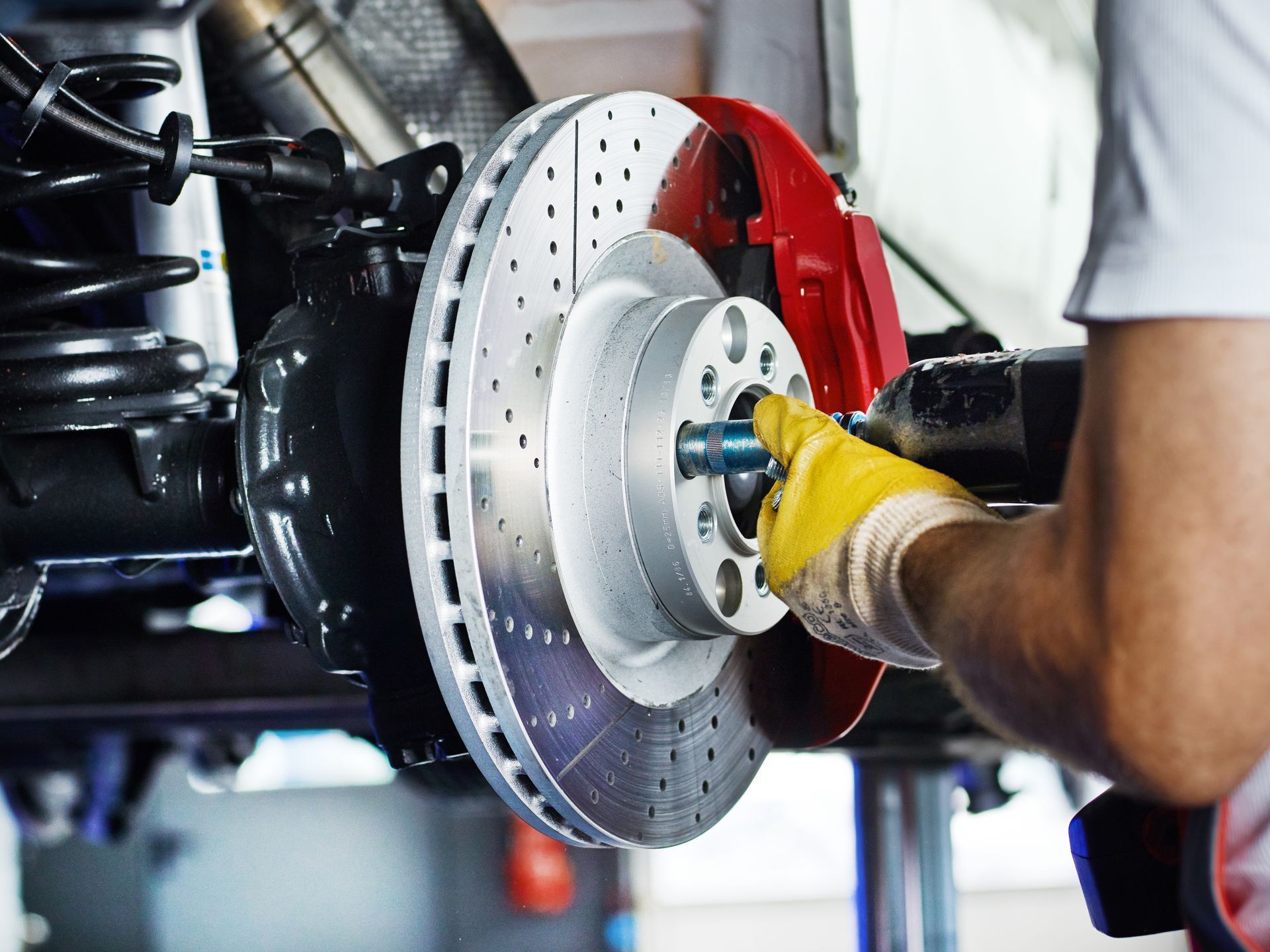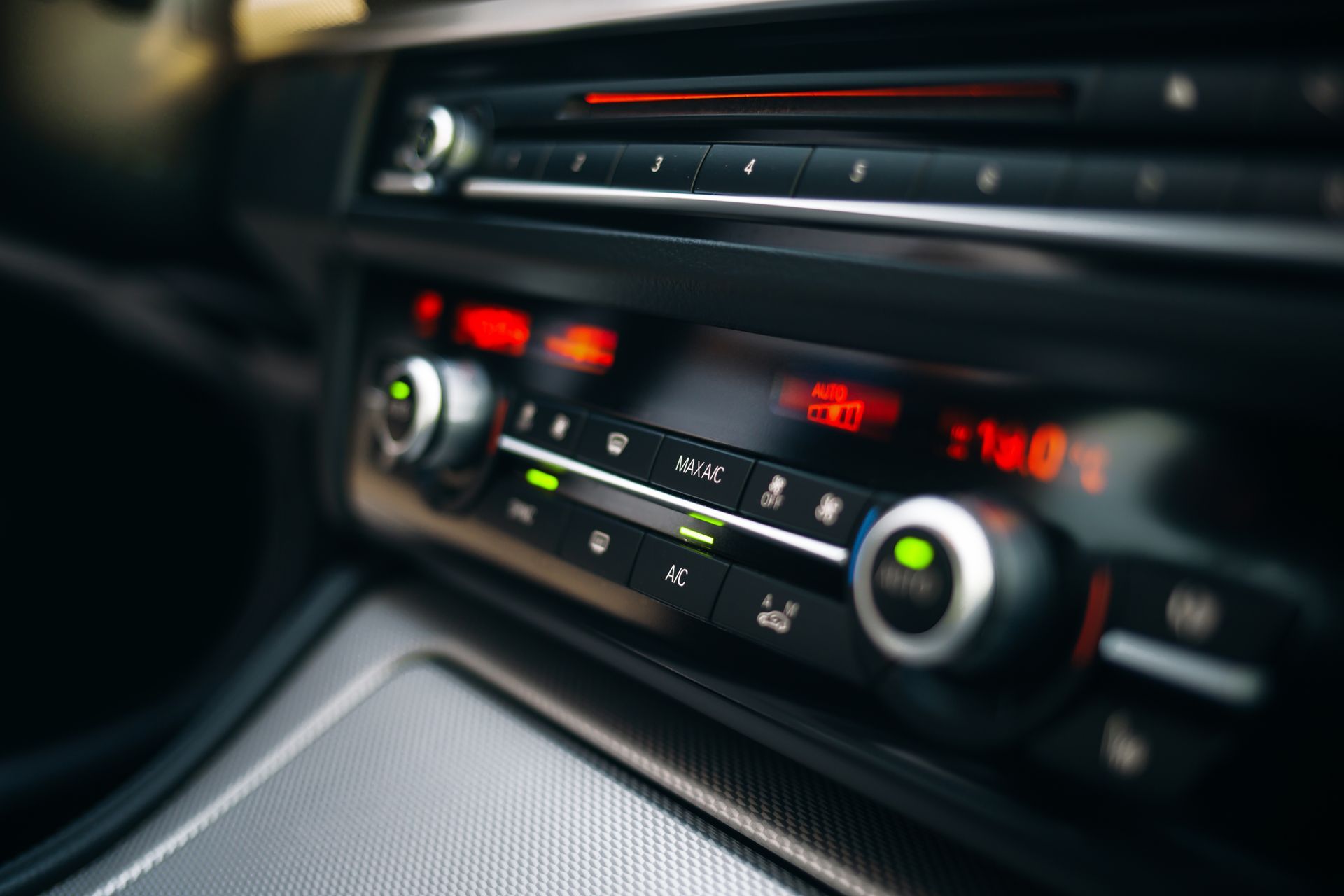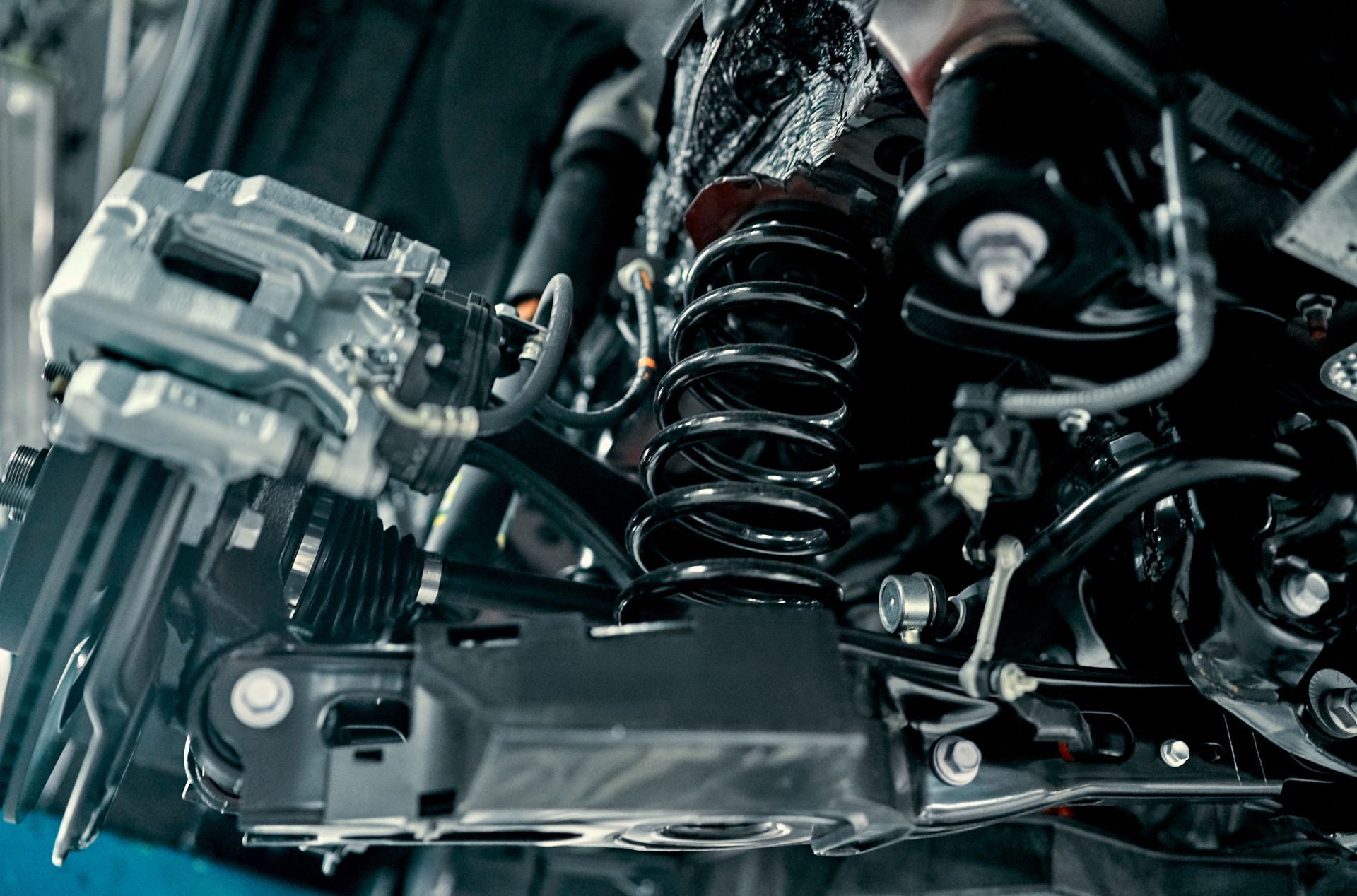Is your VW car getting the TLC it deserves, or are you unintentionally shortening its lifespan? This might sound like a dramatic question, but when it comes to maintaining your Volkswagen, the line between best and worst practices can be finer than you think. Volkswagen cars, known for their engineering and comfort, require specific care to keep them running at their peak.
1. Regular Oil Changes
The cornerstone of car maintenance, especially for VW cars, is regular oil changes. Use the recommended oil type for your specific VW model – it makes a difference. Fresh oil keeps the engine parts lubricated and running smoothly, preventing overheating and wear. Neglecting oil changes or using the wrong oil can lead to engine damage, which can be costly to repair.
2. Timely Replacement of Timing Belts and Water Pumps
VW engines often use a timing belt instead of a chain. This belt needs to be replaced at regular intervals – usually between 60,000 and 100,000 miles. Waiting too long can result in the belt breaking, which can cause severe engine damage. Similarly, keeping an eye on the water pump is crucial as it's often driven by the timing belt. A faulty water pump can lead to engine overheating.
3. Ignoring Dashboard Warning Lights
One of the worst maintenance practices is ignoring your VW's dashboard warning lights. These lights are your car's way of saying, "Hey, I need some attention here!" Whether it's the check engine light, the brake warning light, or something else, getting these checked out promptly can save you from bigger issues down the road.
4. Proper Tire Maintenance
Tires are your VW's only contact with the road, so their maintenance is non-negotiable. Regularly check tire pressure, tread depth, and alignment. Driving on under-inflated or worn-out tires not only compromises your safety but can also affect fuel efficiency and suspension components. Rotating your tires as per the manufacturer's recommendation is also key to even wear.
5. Skipping Regular Servicing
It might be tempting to skip a service appointment to save a few bucks, but this is a false economy. Regular servicing ensures that all parts of your VW are working correctly and can catch issues before they become costly repairs. Each VW model has its own servicing schedule, so stick to it.
Questions You Might Have After Reading the Article
How often should I change the oil in my VW?
Typically, every 10,000 miles or once a year, whichever comes first. However, check your specific model's manual for exact recommendations.
Is it okay to use generic parts for my VW?
Using genuine VW parts is recommended to ensure optimal performance and avoid any potential issues.
Can I handle VW maintenance myself?
Basic maintenance, like oil changes, can be DIY, but for more complex issues, it's best to consult a professional or a VW service center.
For expert VW maintenance and repairs, contact California Star and our team of certified mechanics will be glad to help out!










